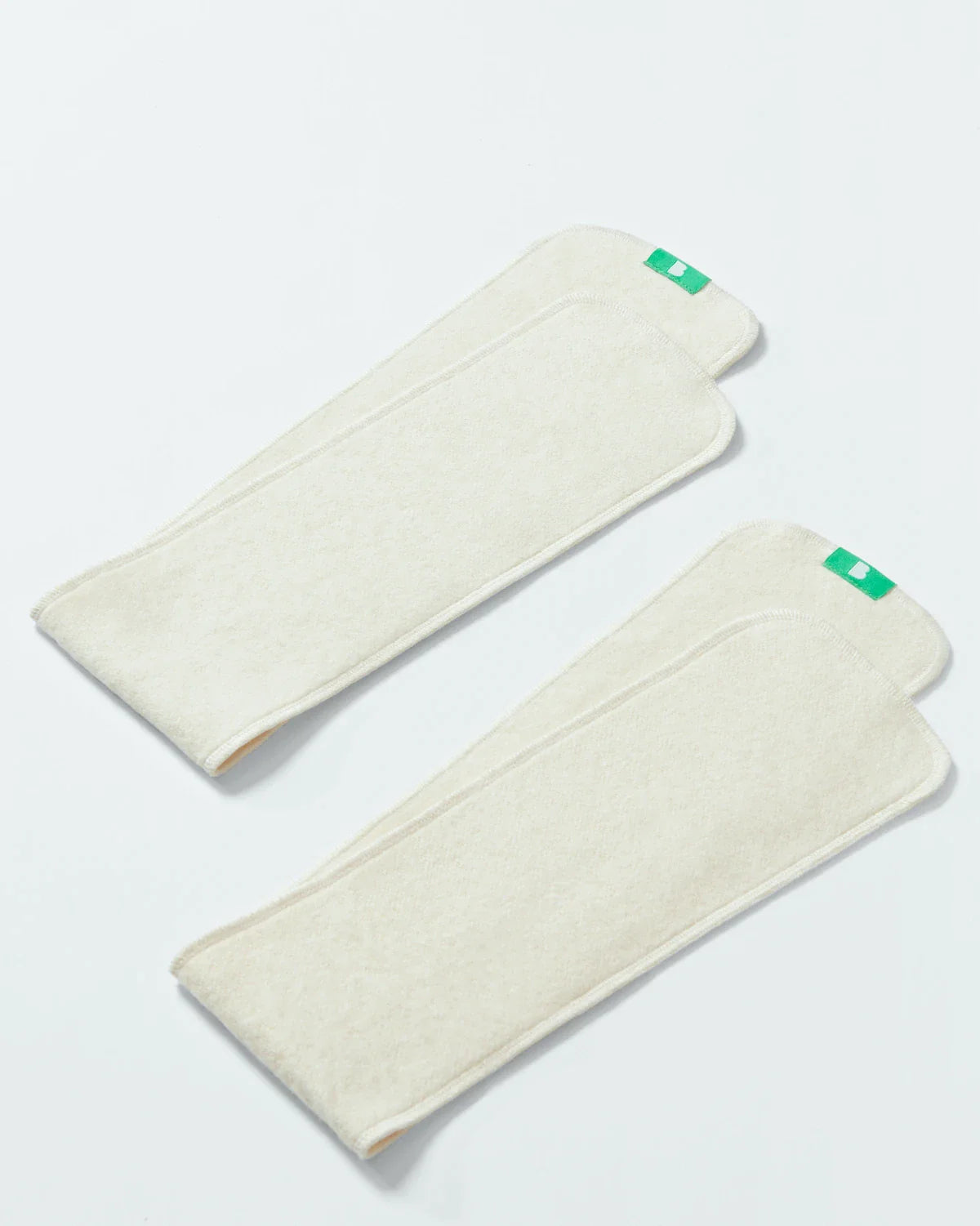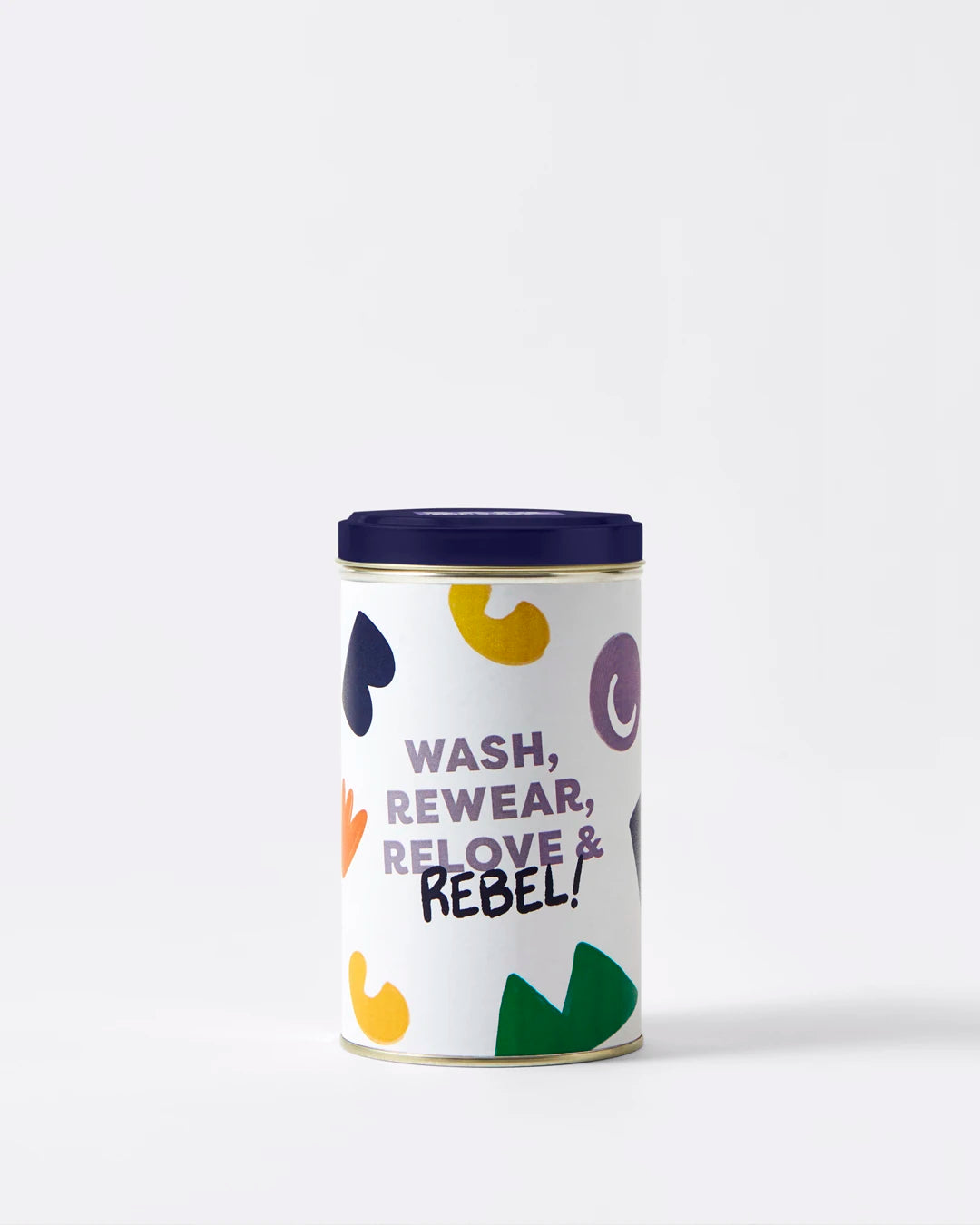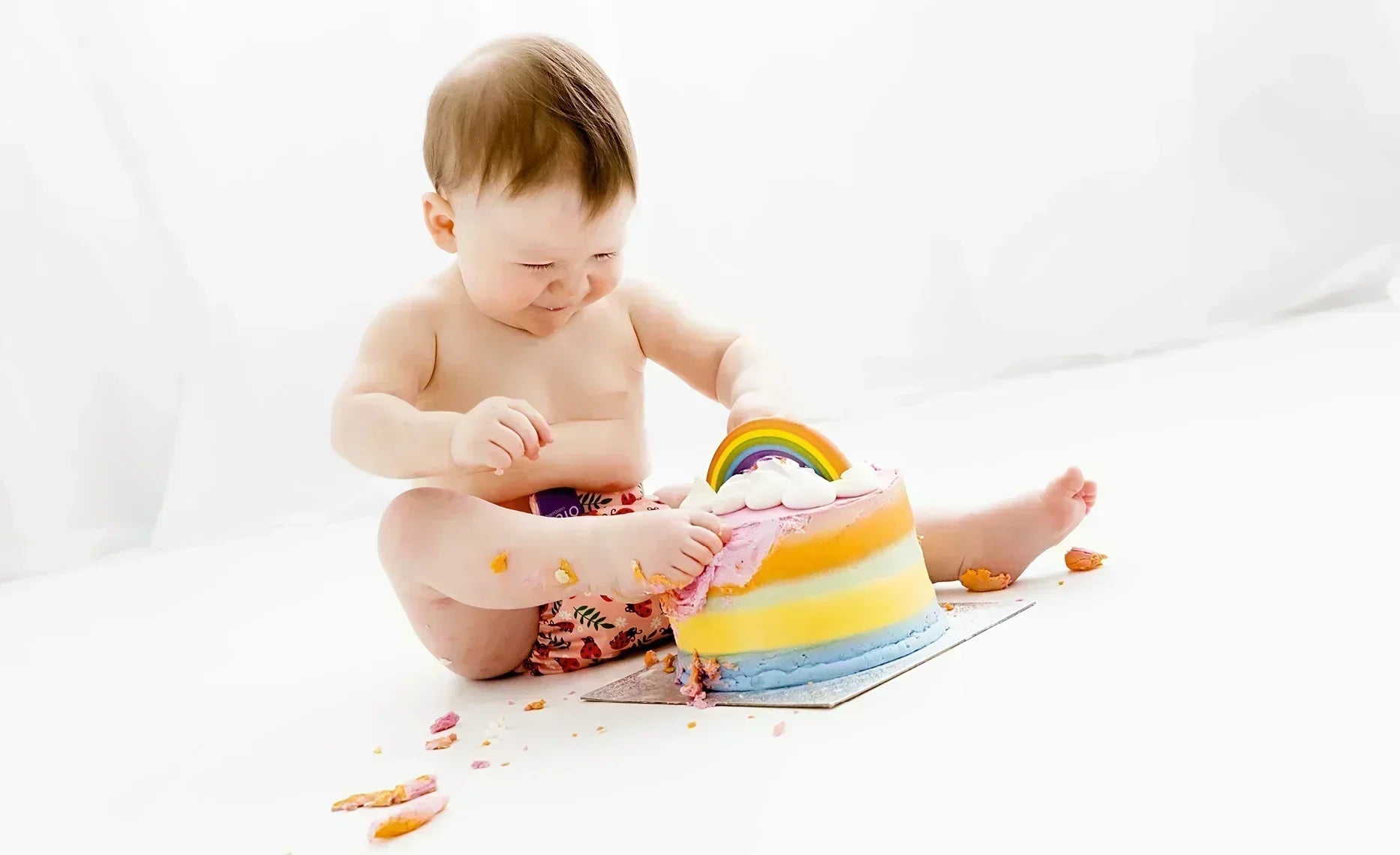Jaundice | Glossary of Pregnancy & Baby Term
Share Options
- Bambino Mio
- 31 / 07 / 2023
Inside this Article:
What is jaundice?
Jaundice is a very common and usually harmless condition in newborn babies, when it’s known as neonatal jaundice (1). Jaundice causes yellowing of the skin and of the whites of the eyes.
If your baby has brown or black skin, jaundice can be harder to spot so you or your midwife can examine their palms or soles.
What are other symptoms of jaundice?
Other symptoms of neonatal jaundice can include dark and yellow urine (newborn urine should be colourless) and pale-coloured poo, when it should be yellow or orange.
Neonatal jaundice often develops around two days after birth and it tends to improve within two weeks. Your care team will examine your baby and look for jaundice within 72 hours of birth as part of their newborn examination (2).
If your baby shows signs of jaundice after 72 hours, call your midwife, GP or health visitor for advice.
Is jaundice dangerous?
Jaundice isn’t usually dangerous, but you need to keep an eye on it to see whether your baby needs further treatment. If you notice your baby’s symptoms get worse or they’re reluctant to feed, call your midwife as soon as possible.
What causes jaundice?
Jaundice is caused by levels of bilirubin building up in the blood. Bilirubin (3) is a yellow compound produced when red blood cells are broken down by your baby’s liver.
Neonatal jaundice is common because babies have a lot of red blood cells which are broken down and replaced quite rapidly. To add to this, your newborn baby’s liver isn’t working at full capacity (4), so it’s still a bit slow to remove bilirubin from their blood.
By two weeks of age, your baby’s liver is better at processing bilirubin so jaundice often clears up by itself.
How common is neonatal jaundice?
Jaundice is one of the most common conditions that can affect newborn babies.
Jaundice is one of the most common conditions found in newborns, with an estimated 60% of babies developing it (5). Around 80% of babies born before week 37 of pregnancy develop the condition, too, but only 5% of babies need treatment for it.
Do breastfed babies get jaundice?
We’re not sure why yet, but breastfed babies are more likely to get jaundice (6) and it often lasts for longer than two weeks, although they’re in no more danger than other babies from the condition.
How is neonatal jaundice treated?
Most babies with neonatal jaundice don’t need treatment because it usually passes within two weeks. Only if your baby has very high levels of bilirubin will they need treatment to prevent it passing into the brain and causing damage.
The two main treatments your baby might receive in hospital for jaundice are:
- Phototherapy (7), in which a special light is shone onto your baby’s skin; this light changs the bilirubin into a form which your liver can break down more easily
- An exchange transfusion (8), in which your baby’s blood is removed via a catheter and replaced by blood from a matching donor
Both treatments work well and most babies can leave hospital in a few days.
Complications of jaundice
If severe jaundice isn’t treated then a very rare complication called kernicterus (9) could develop, causing brain damage. This condition is very rare in the UK.
Citations and References
- National Health Service (NHS). ‘Health A to Z. Newborn Jaundice.’ 2022. Web. www.nhs.uk/conditions/jaundice-newborn
- National Health Service (NHS). ‘Newborn Screening. Newborn Physical Examination.’ 2021. Web. www.nhs.uk/conditions/baby/newborn-screening/physical-examination
- National Institutes of Health (NIH). National Library of Medicine. 2022. Web. ‘Physiology, Bilirubin.’ www.ncbi.nlm.nih.gov/books/NBK470290
- National Institutes of Health (NIH). National Library of Medicine. ‘Neonatal Liver Physiology.’ 2014. Web. pubmed.ncbi.nlm.nih.gov/24331092
- National Health Service (NHS). ‘A to Z. Newborn Jaundice.’ 2023. Web. www.nidirect.gov.uk/conditions/newborn-jaundice
- National Institutes of Health (NIH). National Library of Medicine. ‘Breast Milk Jaundice.’ 2023. Web. www.ncbi.nlm.nih.gov/books/NBK537334
- National Health Service (NHS). ‘Newborn Jaundice. Treatment.’ 2022. Web. www.nhs.uk/conditions/jaundice-newborn/treatment
- National Health Service (NHS). ‘Newborn Jaundice. Treatment.’ 2022. Web. www.nhs.uk/conditions/jaundice-newborn/treatment
- National Health Service (NHS). ‘Newborn Jaundice. Kernicterus.’ 2022. Web. www.nhs.uk/conditions/jaundice-newborn/complications/







































